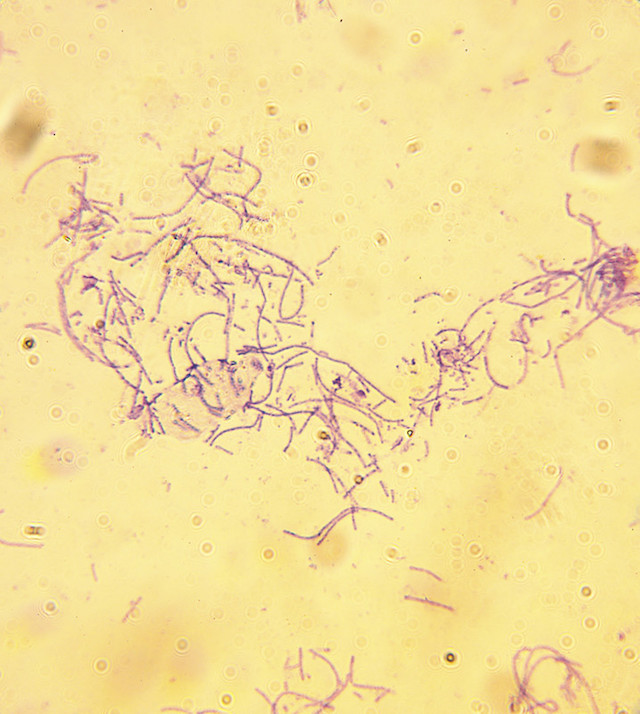Scientists recently tested a method that uses anthrax to attack bladder cancer. The study showed positive results in both animal and human tissue. Researchers believe that in the future, anthrax can be used to fight other types of cancer as well.
How common is bladder cancer?
Bladder cancer is one of the most common cancers in men, but it can also affect women. Each year, around 74,000 people develop bladder cancer in the United States. According to the Centers for Disease Control and Prevention, about 17,000 are killed by this disease each year.
The cancer tends to be aggressive, coming back once it has been removed. This causes patients to be in constant treatment.
How is bladder cancer currently treated?
Bladder cancer treatment is exhausting, time-consuming, and one of the most expensive cancer treatments. The patient has to remain seated for two hours with their bladder full of cancer-killing compounds. Drugs commonly used to treat bladder cancer are mitomycin C and Bacillus Calmette – Guérin (BCG). Some of the side effects that these can cause are urinary symptoms, fever, inflammation, and cystitis.
How Anthrax May Treat Bladder Cancer

Researchers from Purdue University discovered a way to combine the anthrax toxin with epidermal growth factor to kill bladder cancer cells and tumors. The results were promising, but the best news is that the effects occurred within minutes. It normally takes hours.
Professor R. Claudio Aguilar, assistant head of biological sciences at Purdue University, commented on the study. He said, “We have effectively come up with a promising method to kill the cancer cells without harming the normal cells in the bladder, it is basically like creating a special solution that targets cancer cells while leaving healthy cells alone.”
He went on to explain that the amount of anthrax toxin needed is so tiny that even if some of it leaks into the blood supply, it would still be safe. Hopefully this method will be a turning point on the fight against bladder cancer. The goal would be for it to treat other cancers in the future as well.




























